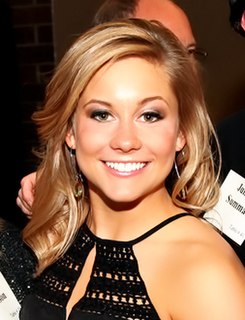A Quote by Vivian Gornick
Every work [of literature] has both a situation and a story. The situation is the context or circumstance, sometimes the plot; the story is the emotional experience that preoccupies the writer: the insight, the wisdom, the thing one has come to say
Related Quotes
I didn't use anybody's story. I used the context and the structure of the situation. People were so, so desperate to tell their story and begin to digest their experience - like turning it into a story - that after the fist few weeks I could go with a pad and pencil and take notes. People didn't seem at all bothered by that.
Of the total creative effort represented in a finished work, 75 percent or more of a writer's labor goes into designing the story designing story tests the maturity and insight of the writer, his knowledge of society, nature, and the human heart. Story demands both vivid imagination and powerful analytic thought.
It's often hard to determine, especially in early drafts, whether or not a story has a bona fide complication. Remember this: A complication must either illuminate, thwart, or alter what the character wants. A good complication puts emotional pressure on a character, promoting that character not only to act, but to act with purpose.If the circumstance does none of these things, then it's not a complication at all - it's a situation. This situation, or setup, might be interesting or even astonishing, but it gives the story no point of departure.
The ‘experimental’ writer, then, is simply following the story’s commands to the best of his human ability. The writer is not the story, the story is the story. See? Sometimes this is very hard to accept and sometimes too easy. On the one hand, there’s the writer who can’t face his fate: that the telling of a story has nothing at all to do with him; on the other hand, there’s the one who faces it too well: that the telling of the story has nothing at all to do with him
Animation story boarding works differently than live action story boarding. The story crew along with a writer really does shape and create the film - the world and it's characters. We meet almost every day and brainstorm the plot of the film. It's a highly collaborative process - and we continue to improve the story until we literally run out of time.
Once you allow yourself to identify with the people in a story, then you might begin to see yourself in that story even if on the surface it's far removed from your situation. This is what I try to tell my students: this is one great thing that literature can do - it can make us identify with situations and people far away.



































